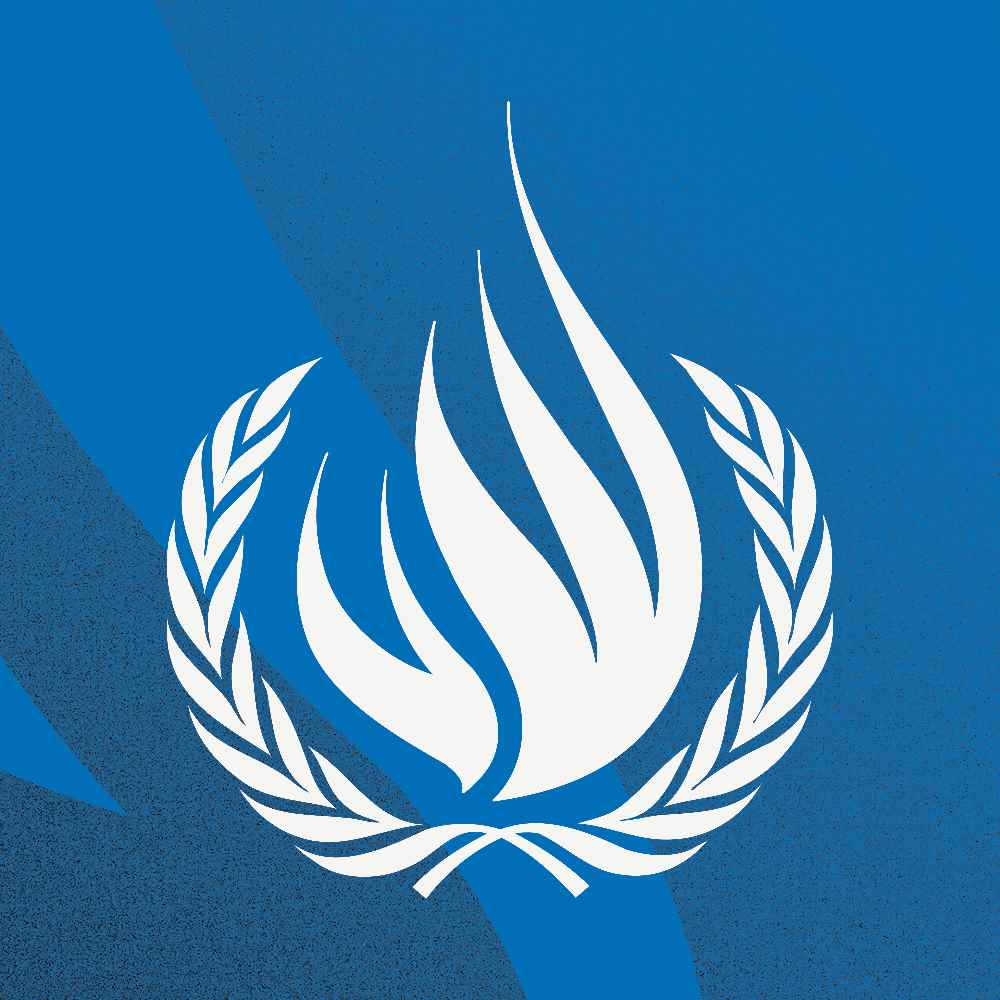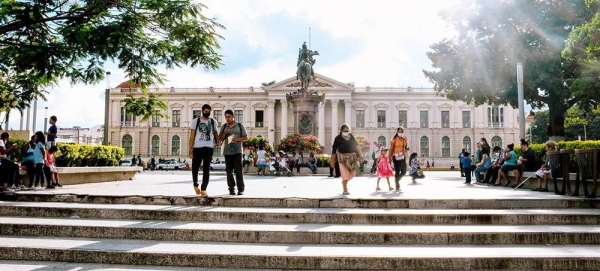
GENEVA (22 May 2023) – UN experts* today expressed dismay at the renewal of El Salvador"s state of emergency, which has now been in place for more than a year.
They called for the state of emergency to be lifted immediately and for the Government to review the sweeping new powers it has introduced to tackle the country"s gang problem.
“The state of emergency was declared following a series of gang-related killings. Despite its obligation to protect citizens from such atrocious acts, the Government cannot trample on fair trial rights in the name of public safety,” the experts said.
They urged authorities in El Salvador to ensure that people are not arrested on mere suspicion of gang membership or association without sufficient legal authorisation, that detainees are afforded all fundamental safeguards required under international human rights law and guaranteed due process.
In September 2022, official figures indicated that 58,000 people had been detained under the new measures, including at least 1,600 minors. Six months later, Executive Decree No. 719 of March 2023 stated that “more than 67,000” people had been detained. Information received indicates that many of these detentions are arbitrary and some constitute short-term enforced disappearances.
“The prolonged state of emergency, together with legislation allowing for greater surveillance, broader prosecution, and faster determination of guilt and sentencing, carries the risk of mass violations of the right to a fair trial,” the experts said. “Those caught up in the Government"s dragnet in El Salvador must be given their rights.”
They expressed concern about the Government"s reliance on the concept of “permanent flagrant crime” to influence warrantless arrests of those suspected of belonging to gangs.
Initial hearings, in which judges review the legality of an arrest and decide on charges and pre-trial detention, were reportedly held in groups of up to 500 people. Public defenders have been given three to four minutes to present the cases of 400 to 500 detainees at a time. Mass trials have also been reported.
“Mass hearings and trials – often conducted virtually – undermine the exercise of the right to defence and the presumption of innocence of detainees,” the experts said. “The excessive use of pre-trial detention, the prohibition of alternative measures, trials in absentia and the possibility of using practices such as ‘faceless judges’ and reference witnesses all undermine due process guarantees.”
Thousands of families have been severely affected economically as they have had to incur additional costs to defend their loved ones and provide for their wellbeing, health, and safety, they said.
“These measures threaten to criminalise people who happen to live in the most impoverished areas and who have themselves been targeted by gangs in the past,” the experts said.
“The level of disruption and interference in the Salvadoran justice system risks limiting access to justice for everyone in the country,” they said. “It leads to undue delays in both civil and criminal cases, has a negative impact on guarantees of due process, protection against torture and of the right to life, and may lead to increased overcrowding in places of detention.”
The experts have been in contact with the authorities about these concerns.
ENDS
*The experts: Margaret Satterthwaite, Special Rapporteur on the independence of judges and lawyers; Fionnuala Ní Aoláin, Special Rapporteur on the promotion and protection of human rights while countering terrorism; Morris Tidball-Binz, Special Rapporteur on extrajudicial, summary or arbitrary executions.
The Experts are part of what is known as the Special Procedures of the Human Rights Council. Special Procedures, the largest body of independent experts in the UN Human Rights system, is the general name of the Council’s independent fact-finding and monitoring mechanisms that address either specific country situations or thematic issues in all parts of the world. Special Procedures experts work on a voluntary basis; they are not UN staff and do not receive a salary for their work. They are independent of any government or organisation and serve in their individual capacity.
UN Human Rights, Country Page – El Salvador
For further information and media requests, please contact: Melanie Santizo (+41 22 917 9963/ melanie.santizosandoval@un.org) or write to hrc-sr-independencejl@un.org
For media inquiries related to other UN independent experts please contact Maya Derouaz (maya.derouaz@un.org) or Dharisha Indraguptha (dharisha.indraguptha@un.org)
Follow news related to the UN"s independent human rights experts on Twitter @UN_SPExperts
Concerned about the world we live in?
Then STAND UP for someone"s rights today.
#Standup4humanrights
and visit the web page at http://www.standup4humanrights.org












